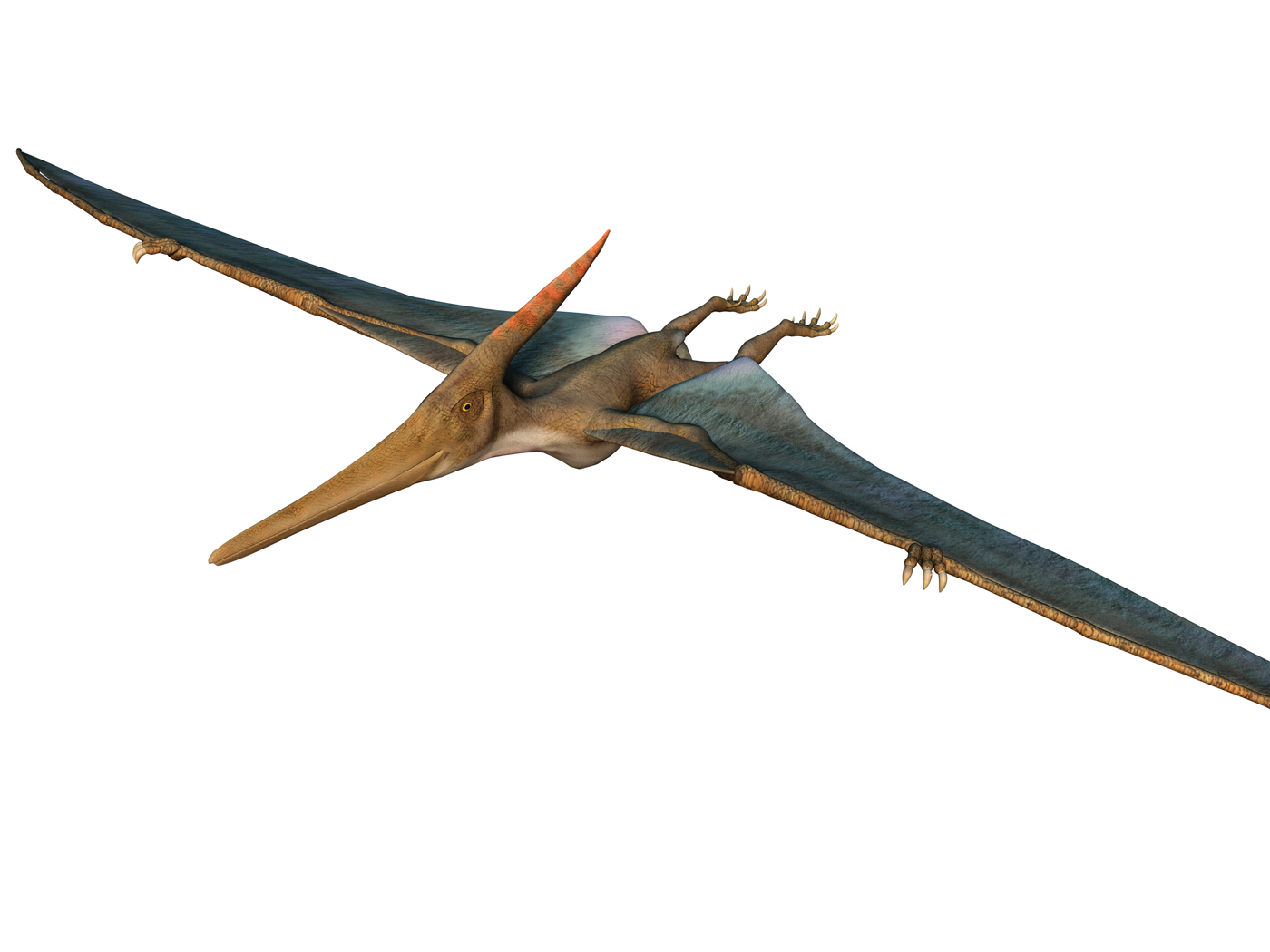Search Tools
New Defender's Study Bible Notes
6:2 Achmetha. Archaeologists say that the Persian emperors of this period used four capitals—Babylon, Persepolis, Susa, and Achmetha (or Echatana). Accordingly, the “search” (Ezra 6:1) began in Babylon, but the scroll was finally found in the palace at Achmetha. This is the only reference in the Bible to this city.
6:4 great stones. Thus the heavy construction, using large stones and new timber, which Tatnai had questioned (Ezra 5:8), were indeed found to have been specifically authorized by Cyrus.
6:8 even of the tribute. Ironically, Tatnai found that his attempt to stop the rebuilding of the temple not only had failed but also had resulted in his having to help fund the project out of his own tax collections.
6:13 they did speedily. As Darius had commanded (Ezra 6:12), Tatnai expedited the Jew’s work, well aware that Darius had made it a capital crime not to do so. Thus God, for those who refuse to compromise His name or His Word, will often make the wrath of man to praise Him (Psalm 76:10).
6:15 house was finished. The building of the temple began under Cyrus (Ezra 3:8), but the local opposition caused it to cease until the second year of Darius (Ezra 4:24), at least fifteen years later.
6:21 separated themselves. In addition to the returning exiles, at least some Israelites, descendants of those left in the land by Nebuchadnezzar (Jeremiah 52:16), joined with them in the reestablished worship of the true God.
6:22 king of Assyria. Although Darius was emperor of Persia, he was also king of Assyria and king of Babylon, for the Persians had conquered both of these earlier empires that had previously conquered Israel and Judah.













